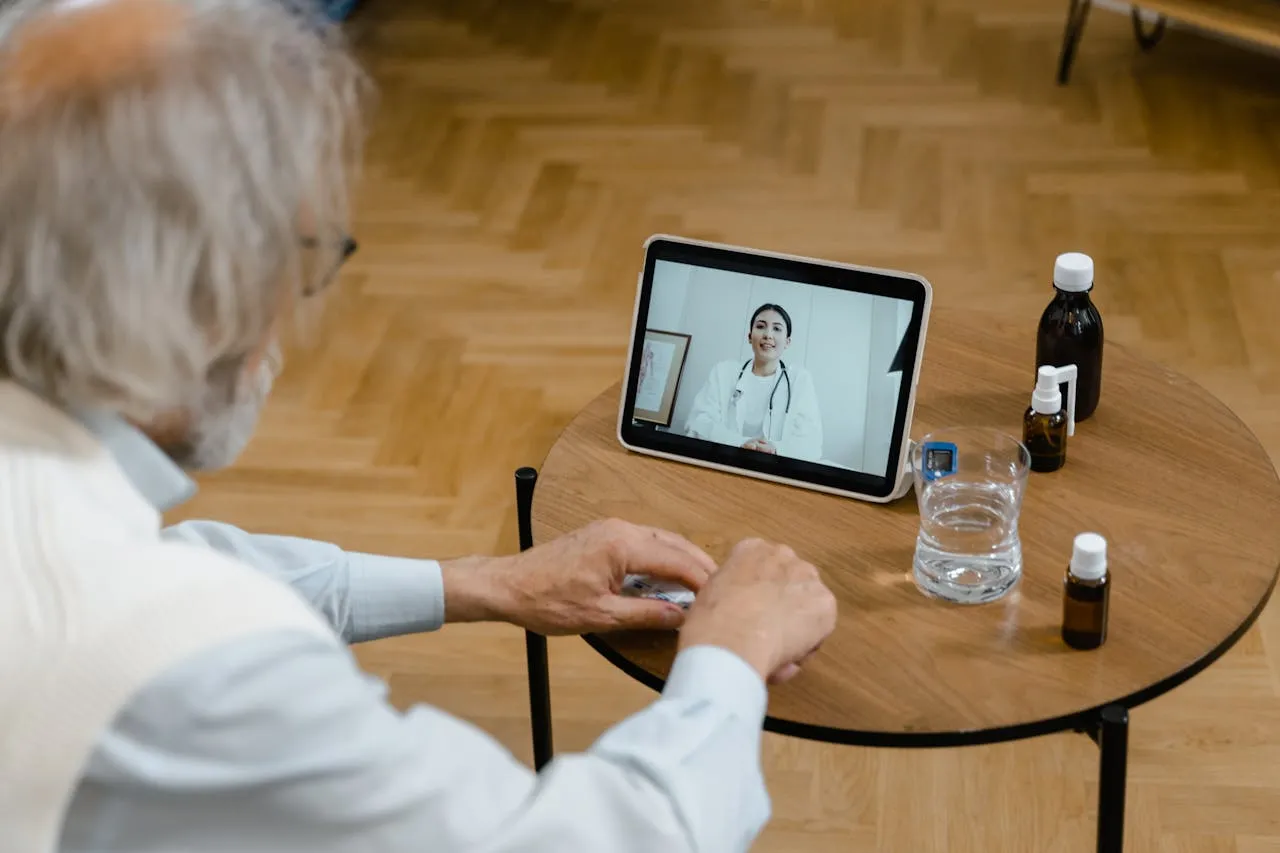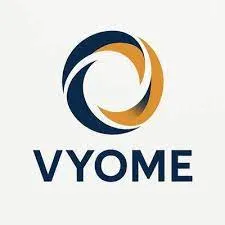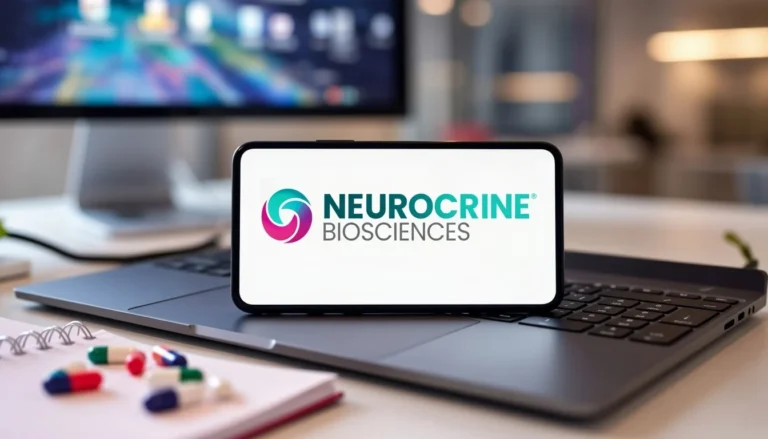
Vyome Holdings Announces Appointment of Renowned Oncologist Dr. Aditya Bardia as Senior Medical Advisor to Advance VT-1953 for Malignant Fungating Wounds
Vyome Holdings, Inc. (“Vyome”) (NASDAQ: HIND), a clinical-stage healthcare holding company focused on developing innovative dermatological and supportive-care therapies for oncology, today announced the appointment of globally recognized medical oncologist Dr. Aditya Bardia as Senior Medical Advisor. In this advisory role, Dr. Bardia will provide scientific and strategic guidance to support the advancement of Vyome’s lead clinical candidate, VT-1953, which is being developed for the management of symptoms associated with malignant fungating wounds (MFW)—a devastating and under-recognized condition affecting cancer patients worldwide. Vyome is targeting potential approval of VT-1953 in 2026, positioning the therapy as the first targeted treatment for this significant unmet medical need.
Malignant fungating wounds occur in patients with locally advanced or metastatic cancer, often breast, head and neck, or skin cancers. These wounds can cause severe odor, chronic pain, recurrent bleeding, exudate, itching, infection, and emotional distress. There are currently no approved therapies specifically indicated to treat the condition, and patients frequently rely on temporary or ineffective symptom-management approaches. Vyome’s development program for VT-1953 aims to address this therapeutic gap and improve quality of life for affected patients.
Expressing his enthusiasm for the appointment and the opportunity ahead, Dr. Bardia stated:
“I am excited to work with the Vyome team and guide the clinical development of VT-1953 for the treatment of symptoms of malignant fungating wounds, a debilitating condition that can significantly impair quality of life for patients with cancer. In my clinical practice, I have seen patients suffer from this horrible condition, and we urgently need an effective treatment for this major unmet clinical need. The early clinical and mechanistic data for VT-1953 are promising, and I am encouraged by the potential for this therapy to meaningfully improve patients’ daily lives. This is a unique opportunity to help bring forward a first-in-class therapy for a vulnerable patient population that currently has no dedicated therapeutic options.”
Dr. Bardia is widely recognized as a leader in global oncology drug development. His research and clinical leadership have contributed to the approval and widespread adoption of several groundbreaking cancer therapies. Among his contributions, Dr. Bardia has led development programs behind major oncology innovations such as:
- Sacituzumab Govitecan
- Trastuzumab Deruxtecan
- Datopotamab Deruxtecan
These therapies have become major therapeutic advancements and commercial blockbusters, significantly influencing treatment standards for breast and other cancers.
Additionally, Dr. Bardia spearheaded the clinical development of Elacestrant, the first FDA-approved oral SERD (Selective Estrogen Receptor Degrader) for patients with metastatic HR-positive breast cancer, marking an important shift in endocrine therapy innovation.
Dr. Bardia completed his oncology training at Johns Hopkins University, one of the world’s foremost medical research institutions. His career trajectory reflects his commitment to advancing precision oncology and translating scientific insights into meaningful clinical progress.
He previously served as a faculty member at Massachusetts General Hospital and Harvard Medical School, where he played a central role in clinical research, translational oncology, and patient care. In his most recent transition, Dr. Bardia joined the David Geffen School of Medicine at UCLA and the UCLA Health Jonsson Comprehensive Cancer Center, where he serves as Professor of Medicine and Director of the Breast Cancer Program and Translational Research Integration. His work has been recognized through numerous scientific honors, keynote speaking invitations, and leadership roles in national cooperative oncology groups.
Vyome leadership described Dr. Bardia’s addition as transformative to the company’s clinical roadmap.
Dr. Shiladitya Sengupta, Associate Professor of Medicine at Harvard Medical School and Co-Founder of Vyome, commented:
Dr. Bardia’s deep experience leading oncology drug development—particularly his work guiding programs through accelerated regulatory pathways—aligns closely with Vyome’s strategic vision. His expertise strengthens our ability to design efficient, scientifically rigorous clinical trials that bring meaningful innovation to patients. We are thrilled to welcome him as part of the Vyome development team and believe his leadership will significantly enhance our efforts as we prepare for pivotal studies with VT-1953.”
Vyome’s clinical strategy for VT-1953 is centered on delivering a therapeutic solution supported by strong mechanistic rationale, practical patient-centric design, and cost-efficient execution. Preliminary observations from early clinical experience suggest potential improvements across multiple symptom domains associated with malignant fungating wounds, including odor, pain, infection control, and wound appearance—factors that are closely tied to patient dignity, comfort, and wellbeing.
With the growing need for supportive oncology care and a lack of targeted therapies for wound-related cancer complications, Vyome believes VT-1953 represents a clear first-in-class therapeutic opportunity.
Venkat Nelabhotla, Chief Executive Officer of Vyome, highlighted the significance of the collaboration:

The collaboration with Dr. Bardia marks an important milestone in Vyome’s growth journey. His expertise strengthens our clinical vision and reinforces our confidence as we advance VT-1953 toward late-stage development and regulatory review. We have built a talented and committed team with deep expertise across oncology, dermatology, and translational medicine. Dr. Bardia’s guidance will enhance our ability to deliver value in our lead program and progress toward providing a therapy that can transform care for patients suffering from malignant fungating wounds.”
Mr. Nelabhotla emphasized that Vyome’s broader ambition is not only to progress its lead program but also to continue expanding a pipeline of dermatology-focused oncology therapies addressing high unmet need categories. As part of this strategic growth, the company is investing in research platforms, methodical regulatory planning, and strategic partnerships with leading academic centers, clinicians, and industry experts.
With the appointment of Dr. Aditya Bardia and the continued advancement of VT-1953, Vyome Holdings is positioned to accelerate its clinical development efforts and potentially deliver the first FDA-approved therapy for malignant fungating wounds—a milestone with significant implications for patient care, clinical practice, and supportive oncology worldwide.
About MFW
MFW is a debilitating condition that occurs in 5-14% of advanced cancer patients, and it’s estimated that there are over 650,000 patients with advanced cancer in the US, with approximately 10 million patients globally. These numbers were recently confirmed in the latest research published in June 2025(1). Cancer cells break through the skin and cause a chronic wound (MFW), which is extremely distressing to patients, given the high burden of symptoms, including extreme malodor, severe pain, a feeling of shame, low self-esteem, and social isolation(2).
VT-1953 topical gel is designed to treat the symptoms of MFW by targeting the cause of malodor and inhibiting the drivers of inflammation. In prior clinical studies, VT-1953 topical gel has been well tolerated in over 500 patients. In the interim analysis, VT-1953, which exerts an immuno-anti-inflammatory effect by targeting TLR-MD2 and DNA gyrase, significantly reduced malodor symptom (P<0.001), as scored by clinical investigators using a TELER Odor scale, the primary endpoint in this interim analysis.
Patients also reported a significant reduction in lesion pain scored on a visual analog scale (VAS) (P<0.001) and an improvement in quality of life (P<0.001), both secondary and exploratory end points, respectively, in the study. No clinically significant adverse trends were noted with VT-1953 administration(3).
Source link: https://www.businesswire.com/





